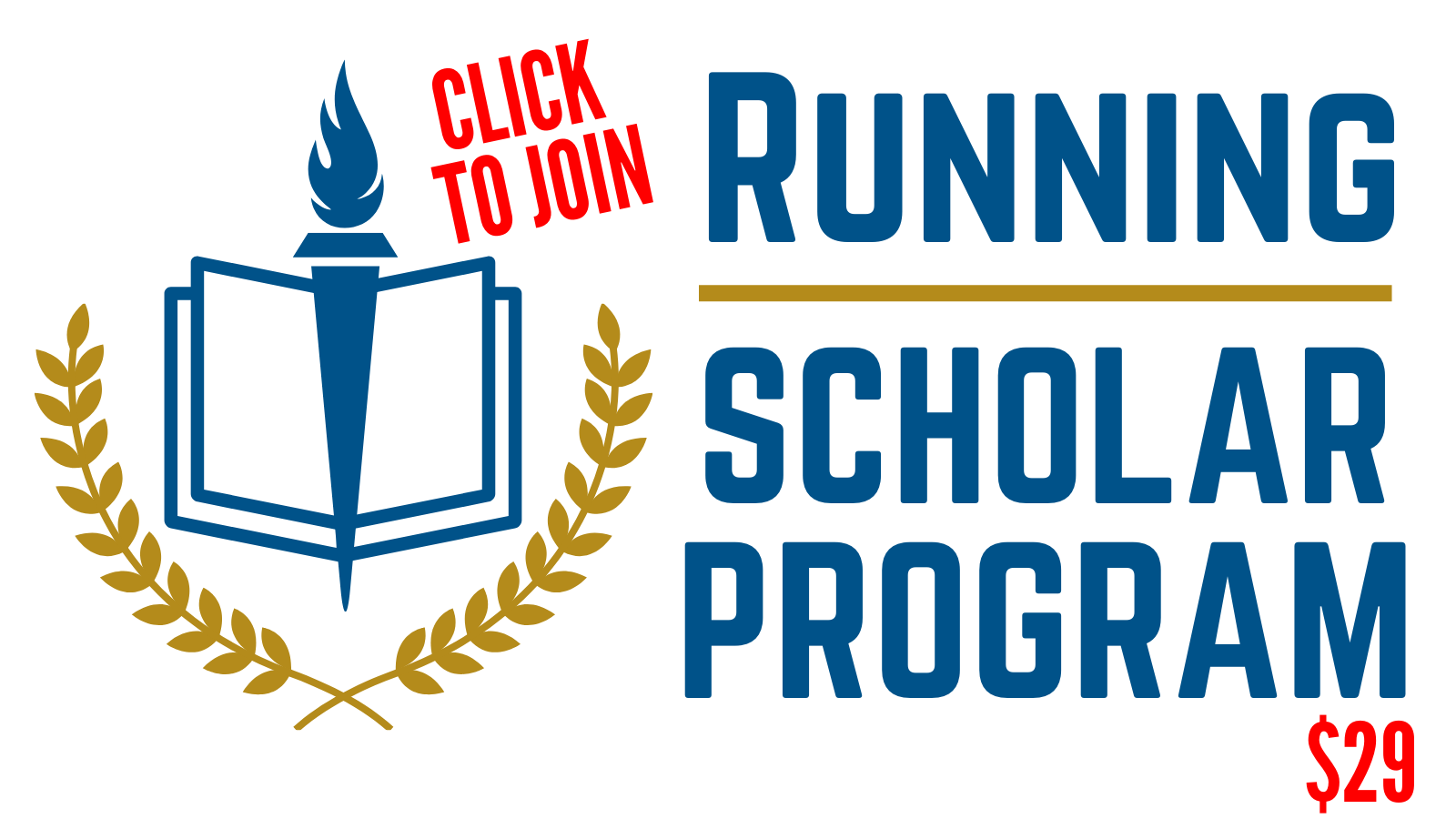3 x (3 x 120m) + 4 x 1200m
3 x (3 x 120m) + 4 x 1200m
Designed for XC runners
Intensity
120s at 105% of 400m pace
1,200m reps at 10K pace
Recovery
120m walk back recovery after each 120m rep, 6 - 8 minutes light jogging between sets
60” - 90” after each 1,200m rep
Exertion
8/10
Periodization
Specific Period
Context & Details
Running fast is fun — or so it should be.
A common mistake made by distance coaches is to only let runners practice running fast when fatigued. The logic being, the final kick in a race happens in a condition of fatigue, so speed should be only be trained in a fatigued state.
While attractive, this overly simplistic approach misguides coaches and runners on what speed really is and how to best train it.
Speed refers to the maximum velocity a runner can run. The question asked when training speed is, “what the absolute maximum miles per hour I can run?” This happens in a state where the runner is rested and fresh. The time of peak velocity can be reached and held is short, perhaps 1 to 3 seconds at best.
Of all the biomotor qualities, speed detrains the fastest. Speed decay happens after about 3 - 5 days of neglect. Compared to aerobic decay, which starts around day 14 of neglect, you can see why it’s important to practice running fast frequently and year-round.
Fast running performed in the presence of fatigue is not speed, but speed-endurance. Developing a runner’s speed-endurance relative to their race distance is the focal point of endurance training. Here the question being answered is, “How fast and far can I run while tiring?” Which is different than endurance, which seeks to discover, “How far and fast can I run before fatigue sets in?”
Speed, speed-endurance, and endurance are all closely related, so it’s easy to understand why confusion exists about the best ways, and timing, to train these qualities.
If you want to get better results by learning more about Speed workouts for runners, Join the Running Scholar Program for only $29 to get unlimited access to courses on this topic plus real-world examples from 100+ training logs of elite runners.
Today’s workout trains both high-end speed and low-end speed-endurance in the competitive cross country runner.
Running nine 120m reps at slightly faster than 400m speed yield about 3 minutes of speedwork.
That’s a lot of fast running.
In order to get the highest quality output on each rep, generous recovery is taken between reps — 120m walk back recovery — and sets, 6 - 8 minutes. You want runners to feel fresh and fast on every 120m rep. This will allow them to maximally recruit high threshold motor units, improve muscle coordination, and stay stable and strong on each step.
Have them put the watch away on the 120s, a coach can time them, but the runners should just run what feels fast, without a specific time benchmark to hit. The goal isn’t to clock a certain time, but to practice the skills and mechanics of fast running.
The repeat 1200s at 10K pace happens in a fatigued state. After the 120s are done, the runner’s brain and body will be tired. It’s tempting to want to run 5K XC race pace in this situation, but opting for 10K pace is the better option. Three miles of work at 10K pace tired is close enough in output to 5K XC pace to elicit a potent speed-endurance training reaction. Also, the runner will be able to sustain more running at 10K pace than 5K pace in this condition, prompting a high magnitude of response.
This session was designed to take place in the Specific Period when training intensity and volumes are highest. Due to the speed component of the session, this workout should take place after at least 2 days of recovery or easy running from the last taxing training session (long run, race, or hard workout). Allow at least one easy day, if not two, after this workout before the next taxing session. For less experienced XC runners, you cut the number of 120s in a set to 2, and the 10K reps down to 600m - 800m in length and still get the desired training effect.
Any questions? Direct Message me on twitter.
Thx. | jm
Get Better Results with The Running Scholar Program.
Join the Running Scholar Program for $29 to learn more about successful Cross Country Training and get unlimited access to courses and training programs on Cross Country running.
3 Good Books on XC / Speed training
The Science of Speed by Tom Tellez & Carl Lewis
Run Strong by Kevin Beck
The Physiology of Training for High Performance by Duncan Macdougall & Digby Sale


